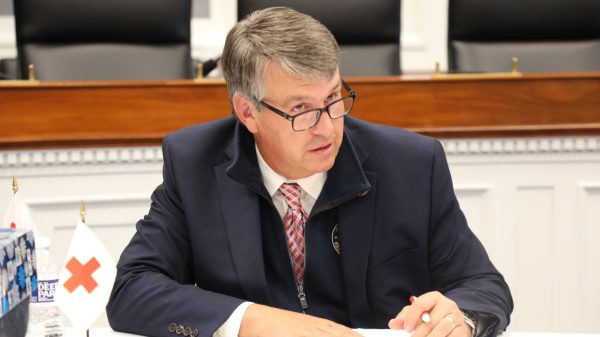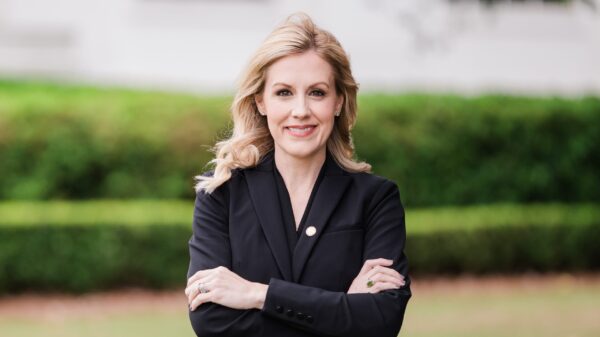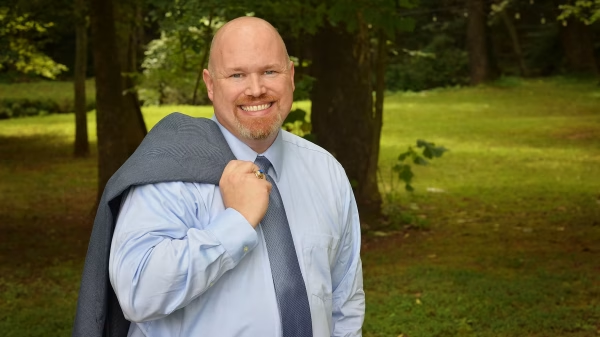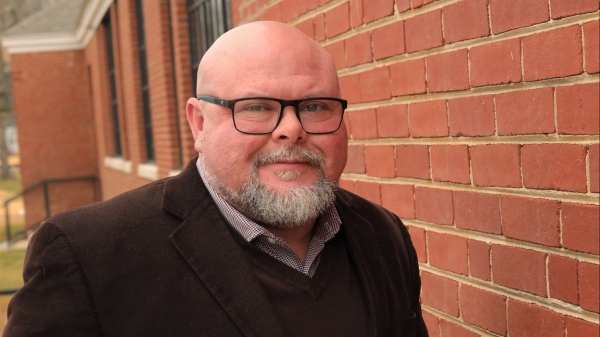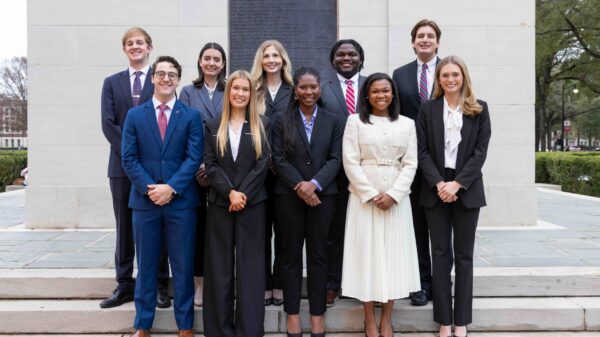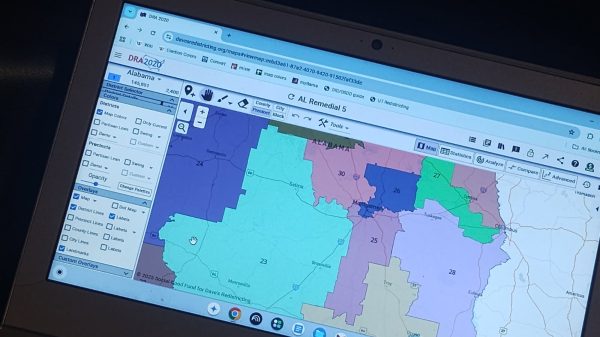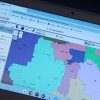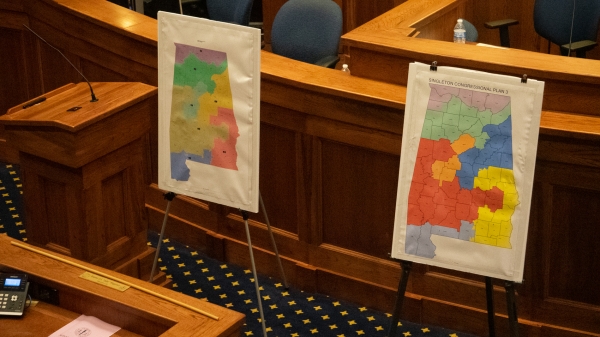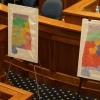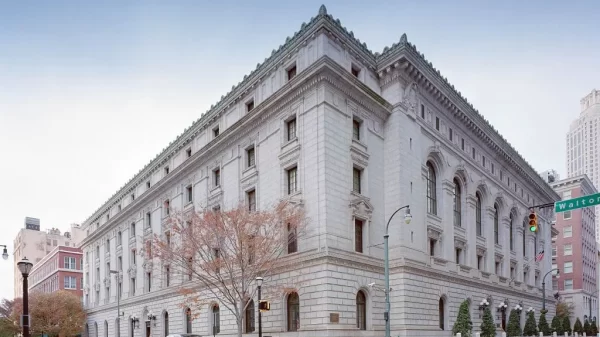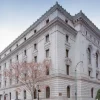By Brandon Moseley
Alabama Political Reporter
On Thursday, April 16, State Representative John Rogers (D-Birmingham) speaking on the floor of the Alabama House of Representatives predicted that there will be new special elections ordered by the federal courts during the Presidential elections in 2016.
Rep. Rogers said, “The Presidential elections are when my people come out to vote.”
Rep. Rogers also complained about legislators outside of Jefferson County being districted small portions of Jefferson. Rogers is concerned that the increased numbers of Senate and House Districts with portions of the districts in Jefferson County was done to dilute the votes of legislators in the largely urban county.
Rep. Rogers told Weld Birmingham’s Cody Owens, “I mean Jefferson County is a great example of how they are trying to dilute the minority vote and keep the white districts white and the black districts black.”
Rep. John Knight also referenced 2016 redistricting in his comments on the floor of the House on Thursday.
After the House adjourned for the day, the Speaker of the Alabama House of Representatives Mike Hubbard (R-Auburn) told the Alabama Political Reporter and other members of the Capital Press Corps that he was absolutely confident that there would be no special elections before 2016 and there is a “very high probability it will not happen at all.”
Speaker Hubbard said that if you read the Supreme Court ruling, the Court did not throw out the State’s redistricting plan.
The Speaker claimed that the case was sent back to the lower court on a “technicality…I don’t think it (a court ordered new redistricting) will happen…We passed pre-clearance by the Justice Department. I believe we will prevail.”
On Tuesday, April 14, the Black Legislative Caucus unveiled new legislative districts that they intend to recommend to the court when the court reviews the case of the 2010 legislative redistricting which was referred back to the lower court in a 5-4 US Supreme Court ruling.
The GOP super-majority intends to defend the current districts when the case returns to the court.
The US Constitution mandates that the states reapportion and redistrict congressional districts every ten years based on the updated US Census. Redistricting is a state process. That all changed however in 1965 when Congress passed the Voting Rights Act to address long standing efforts by many southern states to disenfranchise Black and poor voters. The federal courts have been heavily involved in redistricting issues since that time.
The plan that passed the legislature received pre-clearance from the Obama Department of Justice Civil Rights Division and black legislators actually gained a new seat under the plan. Despite that, the Alabama Black Legislative Caucus sued to overturn the plan.
The prospect of facing voters in a redrawn district next year may be disastrous to Governor Robert Bentley’s (R) controversial tax plan. The Republicans have a supermajority in both Houses of the legislature and friendly GOP redistricting likely helped them grow those numbers in the 2014 elections.
If State House and Senate districts are redrawn many districts that aren’t competitive now could suddenly be in play if the other party can find a credible challenger. Former State Senator Scott Beason (R-Gardendale) told the Alabama Political Reporter that if a district changed substantially a candidate who had just voted to raise the voters’ taxes could well be vulnerable and most of the Republican legislators have made ‘no new tax’ pledges to voters while they were campaigning.
Sen. Beason said that the court ordered a special election in the 1980s so there is a precedent for this.
Because the legislature is currently in session, neither incumbent State legislators or their prospective challengers are allowed to fund raise. If special elections are called funding campaigns on such short notice will be a challenge for many candidates.

